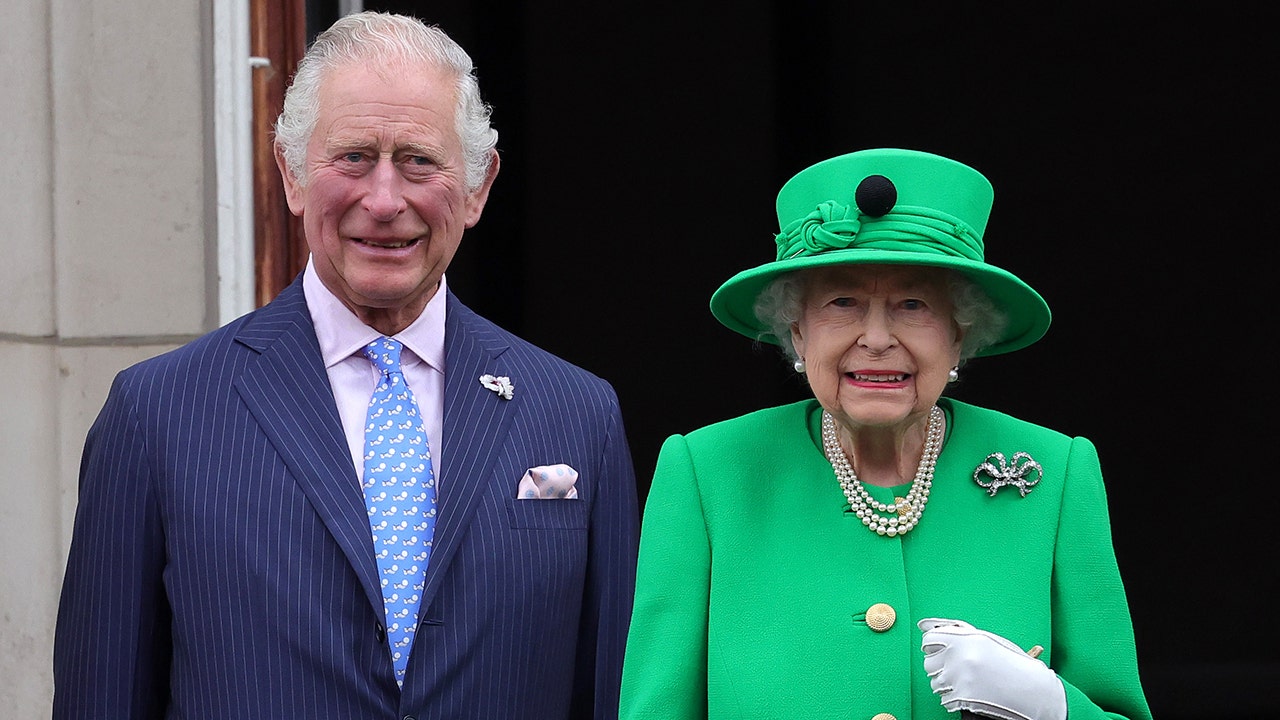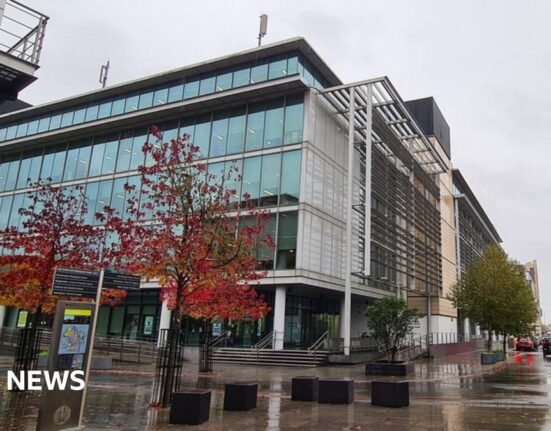In a dramatic turn of events, the aftermath of a royal prank call that ended tragically has resurfaced in court proceedings. Michael Christian, a former radio host involved in the infamous hoax, found himself embroiled in legal action against his ex-employer, Southern Cross Austereo.
The saga began on December 4, 2012 when Christian and his co-host Mel Greig impersonated royalty to elicit private medical information about the Duchess of Cambridge. The ensuing fallout led to international outrage and the devastating suicide of nurse Jacintha Saldanha. Christian’s lawyers revealed that concerns raised by the presenters about the prank were dismissed, exposing them to public vitriol and abuse.
Christian’s legal battle unfolded as he alleged that Austereo attempted to enforce his silence through a redundancy process following the incident. His role was terminated under the guise of redundancy, prompting Christian to challenge the authenticity of this decision. According to court documents, Christian resisted pressure to sign a deed of release aimed at ensuring his continued silence regarding the tragic events.
The narrative took a poignant turn as it was disclosed that Austereo purportedly promised support and protection in exchange for Christian’s loyalty and silence after Saldanha’s death. Despite facing backlash and abuse from the public, Christian chose to trust his employer’s assurances while grappling with mental health challenges arising from the ordeal.
Expert analysis suggests that whistleblower protections were potentially breached during this tumultuous period. It is highlighted that an atmosphere of fear may have pervaded within Austereo as efforts were made to prevent disclosures about internal operations following Saldanha’s passing.
Christian’s legal team underscored how their client consistently raised concerns about his well-being and career progression post-event but was met with inadequate support from Austereo. Allegations include claims that meaningful opportunities for growth or brand rebuilding were not provided despite assurances given earlier by the network.
As legal proceedings unfold, insights into workplace dynamics and employee rights within media organizations come under scrutiny. The case sheds light on broader issues surrounding duty-of-care responsibilities towards employees amid high-pressure media environments where ethical boundaries can blur.
Mel Greig’s acknowledgment of Michael’s plight underscores solidarity amidst adversity. Her reflection on potential reforms within media production practices resonates with calls for better staff support mechanisms to prevent similar tragedies from recurring in future broadcasting scenarios.
The ongoing legal battle serves as a reminder of the complexities inherent in navigating corporate accountability, personal well-being, and professional integrity in high-profile media settings.









Leave feedback about this